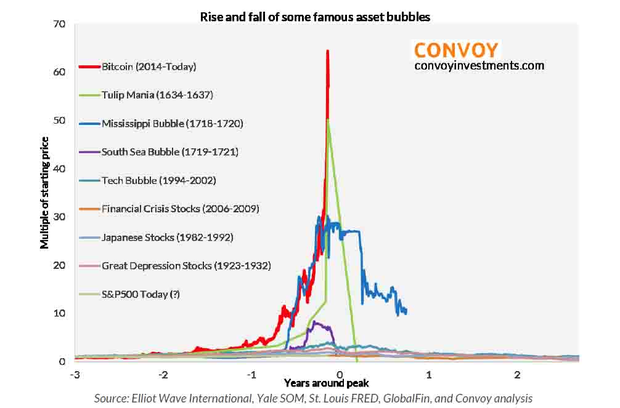Originally posted by Reid:
I have an interesting thought about the role of the Laffer curve.
Many justifications for the Laffer curve have come from the history of growth after past tax cuts. The idea is this: if people have less money taken away, they'll put more money to productive use, and the associated increase in volume will result in more money taken in overall despite less per person. But is it true tax cuts lead to investment? I think that's possibly not true, and growth seen after a tax cut is the result of something else. For instance, many cite the growth of the economy post 2002-2003 as a justification that the Bush tax cuts stimulated growth. However, to what degree is this investment a result of the literal statement of the Laffer curve, and not a result of meta-belief in the Laffer curve itself? If one believes tax cuts will stimulate growth, then people will want to invest more money after a tax cut to get a slice of that pie. So the Laffer curve might serve to increase growth due to people's belief in the Laffer curve, not as a result of the mere effects of the tax policy.
In other words, markets can move because everybody believes everybody else is going to move, and the specter becomes corporeal.
Many justifications for the Laffer curve have come from the history of growth after past tax cuts. The idea is this: if people have less money taken away, they'll put more money to productive use, and the associated increase in volume will result in more money taken in overall despite less per person. But is it true tax cuts lead to investment? I think that's possibly not true, and growth seen after a tax cut is the result of something else. For instance, many cite the growth of the economy post 2002-2003 as a justification that the Bush tax cuts stimulated growth. However, to what degree is this investment a result of the literal statement of the Laffer curve, and not a result of meta-belief in the Laffer curve itself? If one believes tax cuts will stimulate growth, then people will want to invest more money after a tax cut to get a slice of that pie. So the Laffer curve might serve to increase growth due to people's belief in the Laffer curve, not as a result of the mere effects of the tax policy.
In other words, markets can move because everybody believes everybody else is going to move, and the specter becomes corporeal.
Imagine an isolated village with effectively a market economy. Let's say this village has a shaman with a small cult following.
This shaman says, "the next time a meteor passes by, the economy is going to crash". That night a meteor passes. His cult followers, wanting to beat the market crash, all try to sell their belongings. Everybody else, unfamiliar with the shaman's prophecy, see the panicked selling and try to sell before the market crashes, too. Pretty soon the runs destroy the economy.
Eventually things stabilize. However, now the shaman is heralded. The next time a meteor passes, everybody begins selling belongings immediately to beat the coming market crash. The selloff then sparks a market crash.
From then on, meteors cause market crashes. The meteors never had anything to do with the market, but people's beliefs have suddenly created results.
How do we differentiate this from tax cut growth?


![https://i.redd.it/l2o86rhjyh401.jpg [https://i.redd.it/l2o86rhjyh401.jpg]](https://i.redd.it/l2o86rhjyh401.jpg)